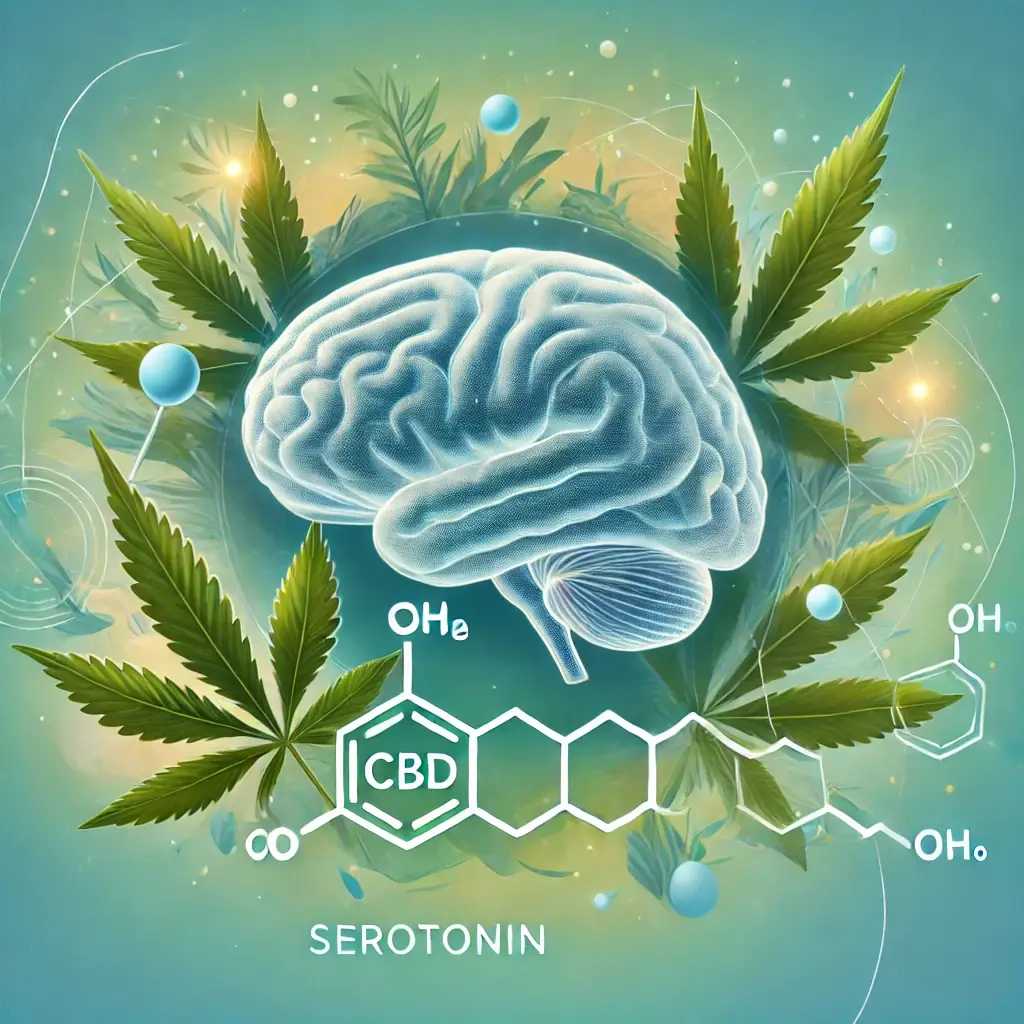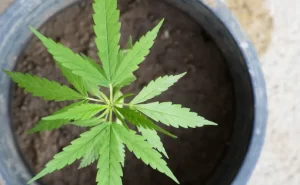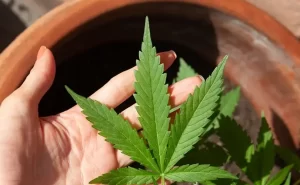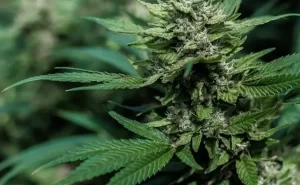Is Marijuana a Dangerous Recreational Drug
For all its popularity as a recreational drug, marijuana is also dangerous to one’s physical health. For example, it has been linked to an increased risk of car accidents, according to studies done with driving simulators. And even though its legal status has improved in many states, the negative consequences of marijuana use remain. The number of people who visit emergency rooms to get treatment for marijuana-related conditions has not waned since the drug became legal.
Although the long-term effects of cannabis use are not life-threatening, users can still experience uncomfortable withdrawal symptoms when they stop. Withdrawal symptoms can peak a week or two after stopping cannabis use. However, these symptoms may last for more than two weeks. Researchers have not yet discovered the exact impact of cannabis use on health.
Effects of Fertility and Ovulation
However, studies have shown that cannabis users who started before age 16 make more errors on tests measuring executive function, which involves decision-making and planning. Furthermore, early use of cannabis affects the organization of the white matter in the brain, which facilitates communication between different brain regions. Users who have experienced these effects were found to have higher levels of impulsivity.
While it is not proven that marijuana affects the immune system, it has been shown that it can alter memory, attention, and multitasking. It may also affect fertility and ovulation. Animal studies have suggested a link between marijuana use, decreased sperm count, and delayed ovulation.
Moreover, cannabis use during pregnancy is associated with increased behavioral problems. Marijuana also reduces the body’s immune system, making the body susceptible to infections and cancer.
Consuming Cannabis
Unlike inhalation, ingesting cannabis is less harmful. However, ingested cannabis is slow-acting. It may take a few hours before users experience its full effects. And it is possible to confuse the effects of marijuana with those of regular food. So, reading up on the risks involved before consuming it is essential. However, you should not be tempted to consume too much cannabis. A few grams can be enough for a good night’s sleep. The FDA has approved a drug containing a purified form of CBD. Those with tuberous sclerosis complex or rare epilepsy can benefit from its use. Another treatment for anorexia, called Epidiolex, uses cannabis extracts for its anti-anorexia effects. This drug also reduces anxiety. And, if you are a doctor or patient, it’s best to consult your physician before using marijuana.
Nausea and Vomiting
Another side effect of marijuana is sedation. Marijuana has been known to cause nausea and vomiting, but this is rare in most patients. However, expectant mothers shouldn’t take it. And it’s linked to a wide range of additional medical issues. Drug abuse and the risks associated with marijuana use go hand in hand. It is not suggested for those with HIV or a history of epilepsy and has a low chance of curing cancer.
Sleep is necessary for many animals and humans alike. It involves genetics and neural structures. The stages of sleep can also vary depending on gender and age. For example, it has been linked to an increased risk of car accidents, according to studies done with driving simulators.
And even though its legal status has improved in many states, the negative consequences of marijuana use remain. The number of people who visit emergency rooms to get treatment for marijuana-related conditions has not waned since the drug became legal.
Symptoms After Cannabis Abuse
Although the long-term effects of cannabis use are not life-threatening, users can still experience uncomfortable withdrawal symptoms when they stop. Withdrawal symptoms can peak a week or two after stopping cannabis use. However, these symptoms may last for more than two weeks. Researchers have not yet discovered the exact impact of cannabis use on health. However, studies have shown that cannabis users who started before age 16 make more errors on tests measuring executive function, which involves decision-making and planning. Furthermore, early use of cannabis affects the organization of the white matter in the brain, which facilitates communication between different brain regions. Users who have experienced these effects were found to have higher levels of impulsivity.













